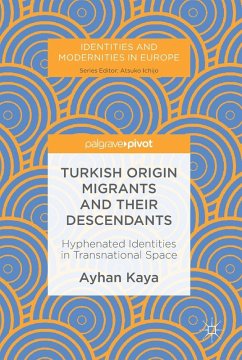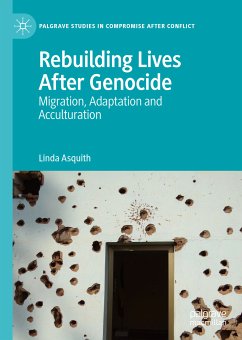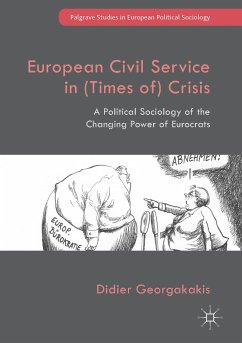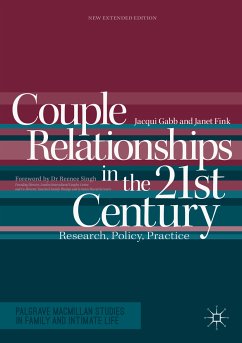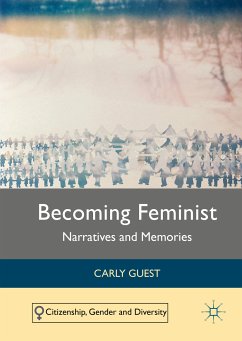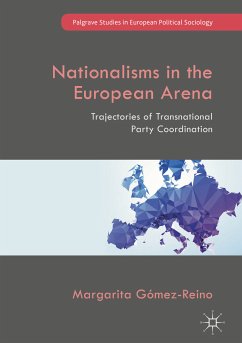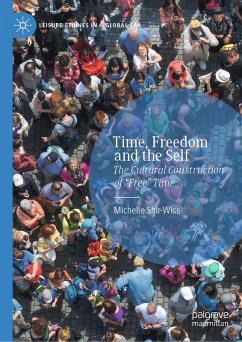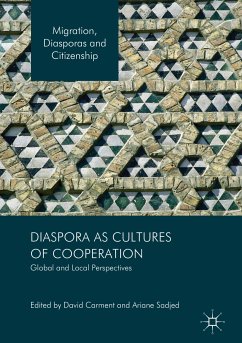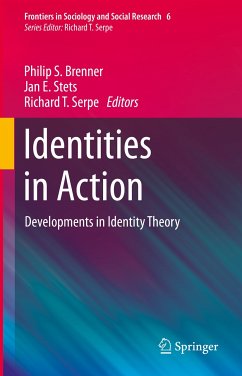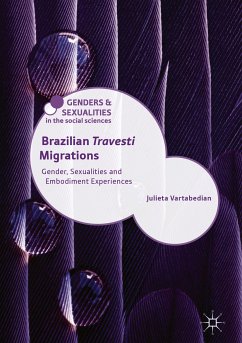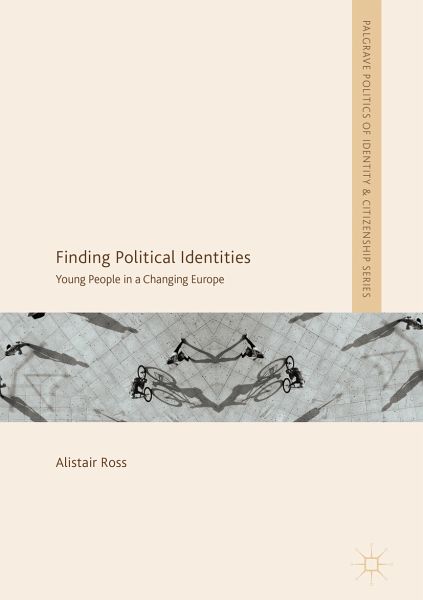
Finding Political Identities (eBook, PDF)
Young People in a Changing Europe
Versandkostenfrei!
Sofort per Download lieferbar
48,95 €
inkl. MwSt.
Weitere Ausgaben:

PAYBACK Punkte
24 °P sammeln!
This book examines how young people in Europe construct their political identities. Based on small discussion groups with 2000 young people across 29 European states, Alistair Ross explores how 13 to 20 year olds build identities in contemporary society, creating contingent narratives of local, national and European identities with families, friends and social media. As well as exploring what these kaleidoscopic identities look like and the sources they draw on, it also examines how these accounts are assembled and integrated with each other.The study uses deliberative discussions to allow you...
This book examines how young people in Europe construct their political identities. Based on small discussion groups with 2000 young people across 29 European states, Alistair Ross explores how 13 to 20 year olds build identities in contemporary society, creating contingent narratives of local, national and European identities with families, friends and social media. As well as exploring what these kaleidoscopic identities look like and the sources they draw on, it also examines how these accounts are assembled and integrated with each other.
The study uses deliberative discussions to allow young people to develop their own constructs and terms in conversation with each other. This analysis presents a complex polyphonic of political beliefs and values of rights, which young Europeans attach to political structures and institutions that often transcend traditional boundaries of state and nation.
Finding Political Identities will be of interest to postgraduate students and academics across Education, Sociology, Politics and European Studies, especially those with a focus on Social Constructionism, Citizenship, Identity Studies, Social Policy, and Youth Studies.
The study uses deliberative discussions to allow young people to develop their own constructs and terms in conversation with each other. This analysis presents a complex polyphonic of political beliefs and values of rights, which young Europeans attach to political structures and institutions that often transcend traditional boundaries of state and nation.
Finding Political Identities will be of interest to postgraduate students and academics across Education, Sociology, Politics and European Studies, especially those with a focus on Social Constructionism, Citizenship, Identity Studies, Social Policy, and Youth Studies.
Dieser Download kann aus rechtlichen Gründen nur mit Rechnungsadresse in A, B, BG, CY, CZ, D, DK, EW, E, FIN, F, GR, HR, H, IRL, I, LT, L, LR, M, NL, PL, P, R, S, SLO, SK ausgeliefert werden.



